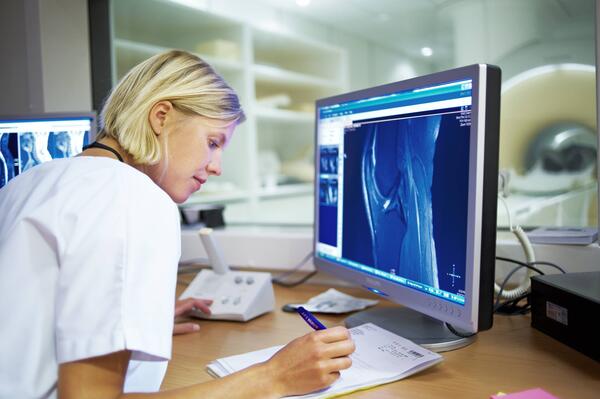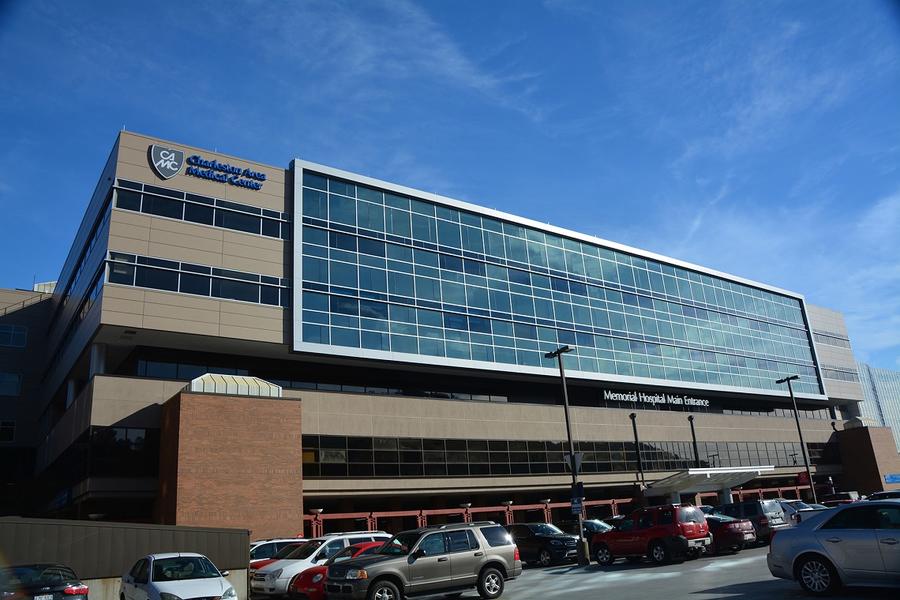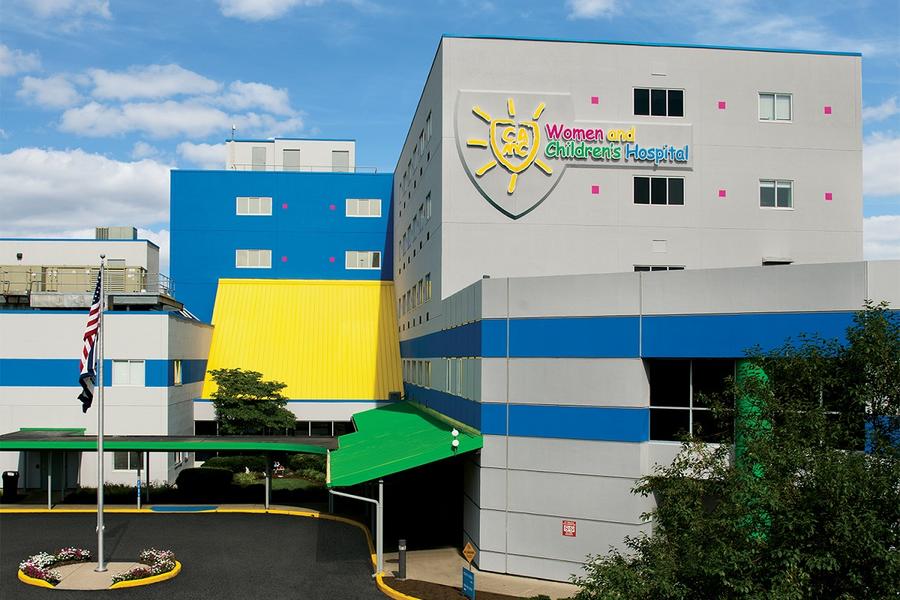Our Approach to MRI
Magnetic resonance imaging (MRI) is a noninvasive medical test that uses a powerful magnetic field, radio frequency pulses and a computer to produce detailed pictures of organs, soft tissues, bones and virtually all other internal body structures. It can be done on many areas of the body and is useful in finding tumors, bleeding, injury or infection.
Detailed MRI images allow physicians to better evaluate various parts of the body and determine the presence of certain diseases that may not adequately visible by other imaging methods such as X-ray, ultrasound or computed tomography (also called CT or CAT scanning).
Types of MRI
CAMC's imaging locations provide the latest technology in MRI, and radiology physicians and technologists have experience in several subspecialties of medical imaging, such as:
CAMC is the only hospital in the Charleston area to provide breast MRI. A breast MRI may detect abnormalities that mammography and breast ultrasound do not. Physicians at The Breast Center also perform a type of breast biopsy that is guided by MRI, called a stereotactic biopsy.
CAMC's newest MRI, a 3 Tesla (3T) scanner located at CAMC General Hospital, features quicker scanning times for many common procedures and is the first digital broadband MRI, which results in better, higher-resolution images.
Prostate MRI is a noninvasive technique that does not require exposure to ionizing radiation. CAMC's high resolution 3T scanner paired with a specialized surface coil means there is no need for an endorectal device. New computer-aided detection software and workstation used by our radiologists enable advanced visualization and analysis of the prostate as well as MRI guided biopsies.
MRI can be used to evaluate injuries, abnormalities and other issues. The 3T MRI at CAMC General Hospital provides increased image clarity to help diagnose orthopedic issues.
An MRI of the heart (cardiac MRI) may be performed to further evaluate signs and symptoms of cardiovascular disease.
Large-bore MRI maximizes patient comfort by providing more space in the scanner, and is ideal for children, claustrophobic patients and patients of larger size.




